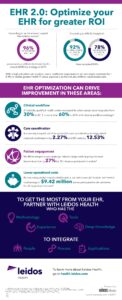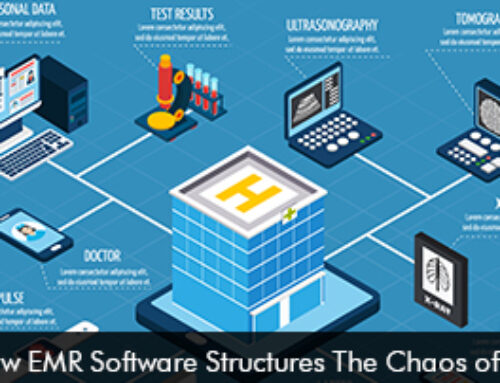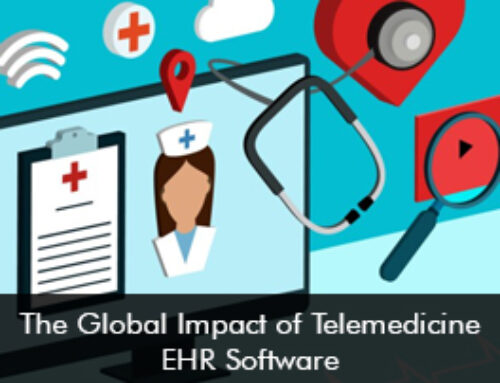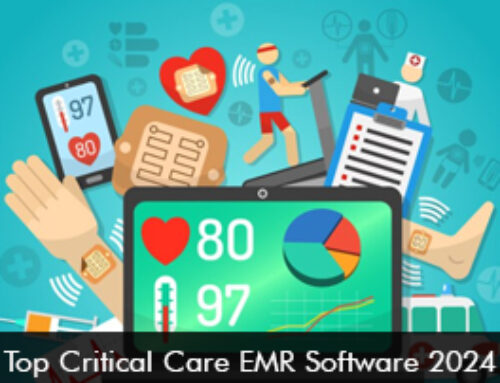What exactly is the ROI of EMR?
Beyond improving patient care, EMRs offer significant financial benefits that contribute to the long-term success and sustainability of healthcare practices. We explore the real ROI of EMR systems from a financial perspective and highlight the value they bring to healthcare organizations.
Cost Savings Through Increased Efficiency
EMR systems eliminate the need for paper-based records and manual administrative tasks. This leads to substantial cost savings. Furthermore, automating routine processes reduces staffing requirements and minimizes errors, saving both time and money. Additionally, EMRs facilitate faster access to patient information, enabling more efficient decision-making, reducing redundant tests and procedures, and lowering overall healthcare costs.
Enhanced Revenue Generation
EMRs have the potential to positively impact revenue generation for healthcare organizations. Accurate and optimal coding results in appropriate reimbursement for services provided. This is ensured by EMRs through features like:
- coding assistance
- built-in clinical decision support systems
- automated charge capture
Moreover, streamlined workflows and improved patient satisfaction lead to increased patient volume. This way medical practices see more patients and generate higher revenue.
Avoidance of Penalties and Incentives
In many countries, governments have implemented initiatives to promote the adoption of EMR systems. They offer incentives for meaningful use and impose penalties for non-compliance. By investing in and effectively utilizing EMRs, healthcare organizations can avoid penalties while gaining access to financial incentives. These incentives include:
- reimbursement bonuses
- grants
- tax benefits
- significant ROI
Data-Driven Decision-Making
EMRs capture a wealth of patient data. When effectively utilized, this can drive informed decision-making and improve outcomes. By leveraging data analytics and population health management tools within EMR systems, healthcare organizations can identify areas for improvement, optimize care delivery, and reduce costs associated with unnecessary interventions. This data-driven approach enables organizations to make strategic decisions that positively impact financial performance.
Improved Revenue Cycle Management
The integration of EMR systems with revenue cycle management (RCM) solutions optimizes billing and payment processes, reducing claim denials and improving revenue capture. With EMRs, organizations can automate coding, billing, and claims submission, reducing the risk of errors and accelerating reimbursement cycles. Additionally, EMRs provide tools for accurate documentation, ensuring compliance with billing and coding requirements and minimizing revenue leakage.








